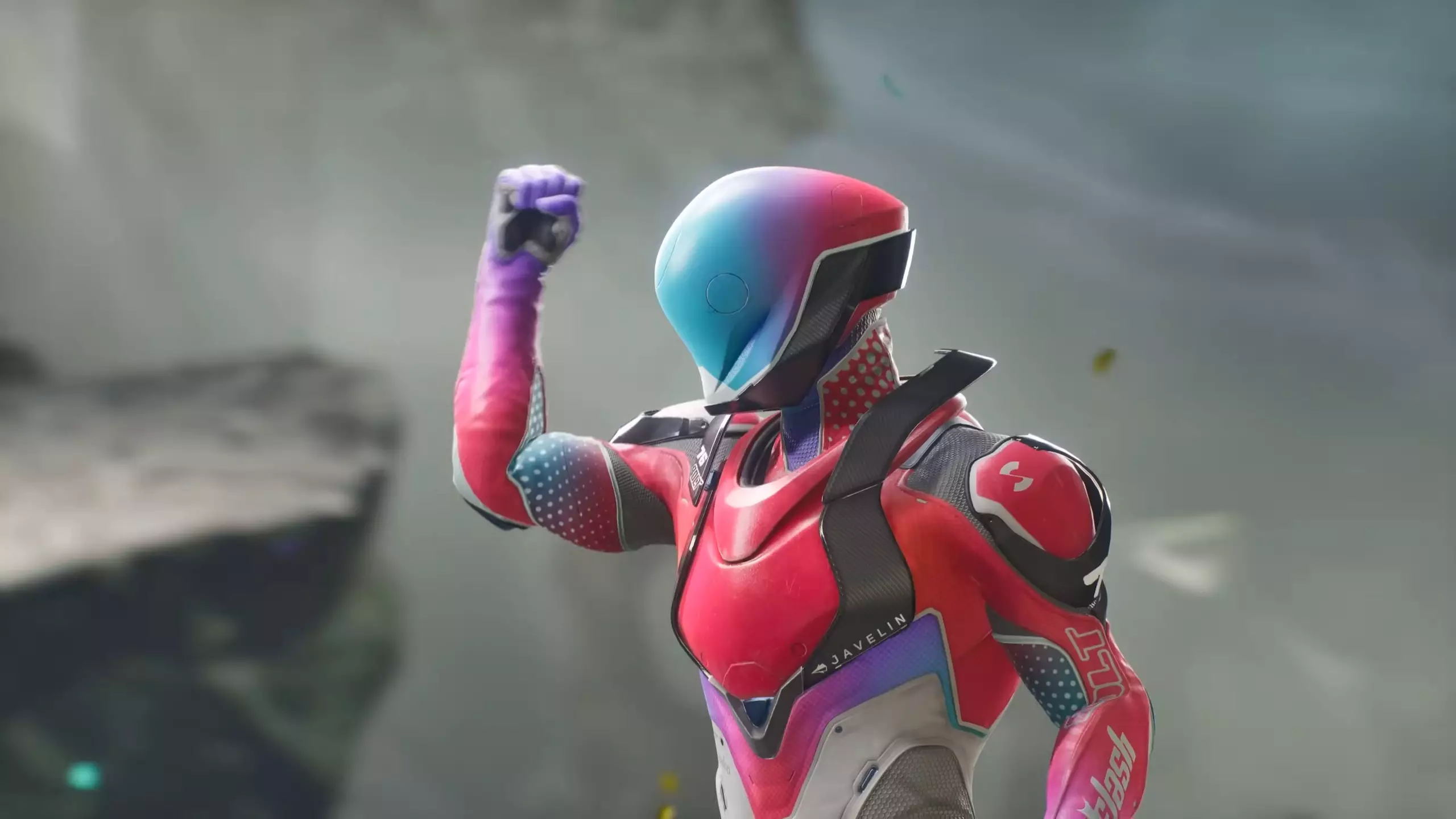In an era overflowing with game releases, two titles have recently surged into the limelight: *Splitgate 2* and *Borderlands 4*. Both first-person shooters (FPS) present promising mechanics and the allure of unique gameplay experiences, capitalizing on their predecessors’ successes. However, despite their substantial momentum and aesthetic appeal, these games exemplify a persistent trend that plagues the gaming industry: the leaders behind these projects often seem to undermine their potential.
The discourse surrounding these upcoming games was further complicated by the controversial remarks from Randy Pitchford, the CEO of Gearbox, which have gained unwanted traction in the community. His clumsy handling of pricing discussions has caused discontent among fans, detracting from the anticipation surrounding *Borderlands 4*. Similarly, the situation with *Splitgate 2* showcases how poor leadership communication can tarnish even the most promising announcements.
Communication Fails and Fan Reactions
The fallout of Ian Proulx’s comments during the Summer Game Fest left many questioning the validity of *Splitgate 2*’s vision. With an earnest passion for creating a game inspired by the elements he appreciates in other titles—such as the fast-paced excitement of Halo and the ambition of Titanfall—Proulx’s misguided statements drew heavy criticism. His declaration regarding his disdain for *Call of Duty* contrasted sharply with the announcement of a new battle royale mode, a genre so heavily saturated that it barely feels innovative anymore.
Fan reactions across various social media platforms underscore the problematic nature of Proulx’s public engagement. Terms like “cringe” surged in popularity on forums and Twitter, illustrating a significant gap between developer intentions and community sentiments. For fans who invested time and money into the *Splitgate* franchise, witnessing their beloved game’s name linked to a perceived lack of authenticity was disheartening.
The Weight of Poor Public Relations
Navigating public relations in the gaming industry is delicate. One fateful slip of the tongue can ignite immense backlash, and Proulx’s missteps demonstrate just how critical it is for executives to bond with their audience. His on-stage presence, particularly wearing a “Make FPS Great Again” cap while promoting a battle royale mode with a mainstream band like Imagine Dragons, painted an unintentionally comedic yet troubling picture. When a CEO misses the mark so significantly, the embarrassment reverberates through the ranks of developers below him.
For many creators, the anxiety surrounding such public appearances could sour their passion for the project. Indeed, Proulx’s remarks elicited a flurry of posts highlighting disappointment rather than excitement—an unfortunate position for a game that has the initial buzz of high server traffic and community interest. The contrast between the community’s initial thrill for a surprise update and the backlash that followed is a testament to how quickly sentiment can turn negative due to poor messaging.
The Irony of Lost Opportunities
Amidst all the critical discourse, it’s essential to recognize the irony that *Splitgate 2*, despite its challenges, is packed with exciting features aimed at correcting historical shortcomings in FPS games. Yet, the opportunity for a genuine celebration of these advancements is clouded by the misalignment between the developer’s initial intentions and their public representation.
As fans reflect on their community’s values versus the developers’ messaging, it feels necessary to consider the long-term impact of these narratives. Can *Splitgate 2* reclaim its original perception amidst ongoing backlash? Should developers adapt their communication strategies or risk alienating their core fanbase further? The future of these gaming experiences will rely heavily on thoughtful engagement with the community and plans grounded in genuine connection rather than superficial pandering.
The gaming world stands at a crossroads where leaders like Proulx and Pitchford must recalibrate. While the potential of their games remains promising, their leadership greatly influences how these titles will be received. In attempting to navigate the complex landscape of community expectations, they must prioritize authenticity and direct communication to avoid further discord and maintain the trust cultivated through their earlier works.

